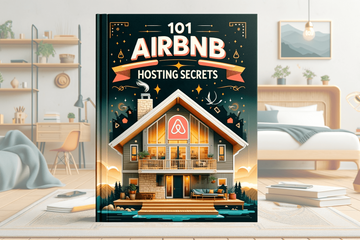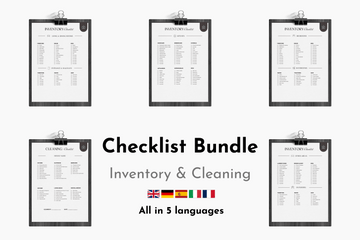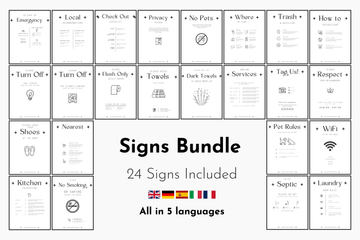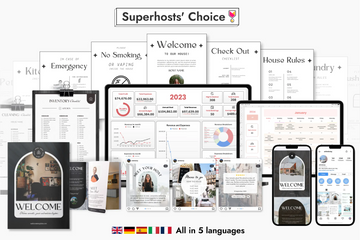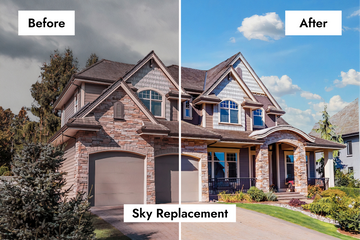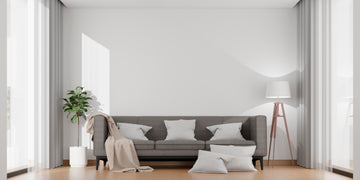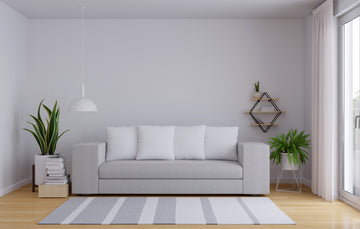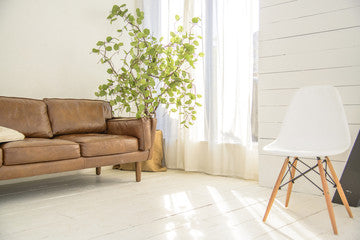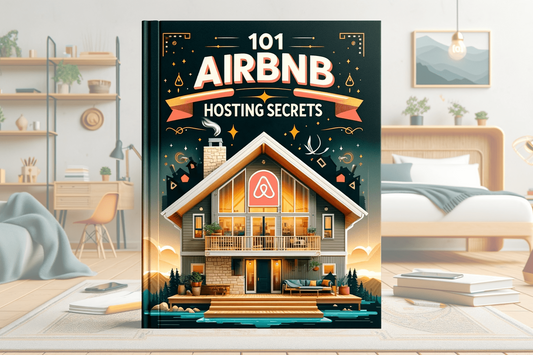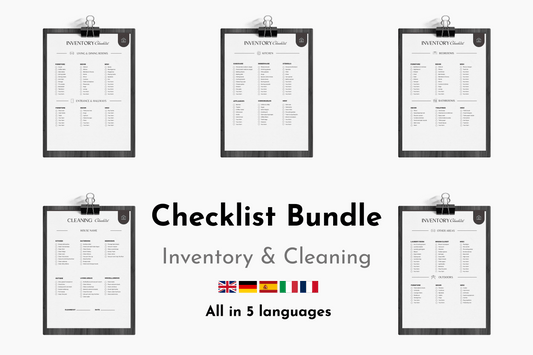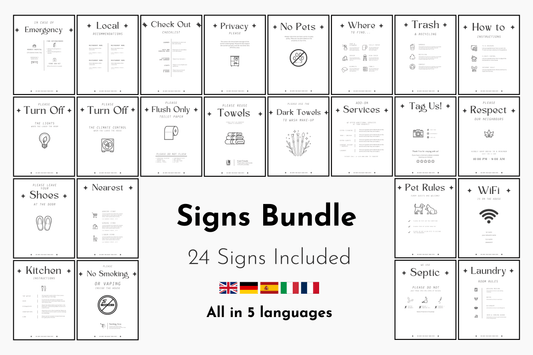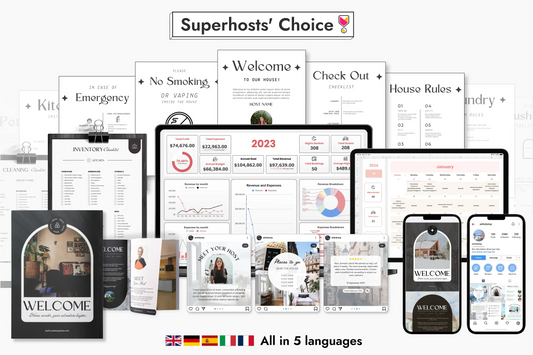Implementing robust security measures for your Airbnb property is essential for ensuring the safety of your guests and protecting your investment. A secure environment not only enhances guest comfort but also builds trust and encourages positive reviews. Here’s how to effectively implement security measures that will safeguard your property and provide peace of mind for both you and your guests.
Why Security Measures Matter
Security is a top priority for both hosts and guests. Travelers want to feel safe in their temporary home, and as a host, you want to protect your property from potential risks. By implementing comprehensive security measures, you can prevent theft, damage, and other security breaches, ultimately leading to a better hosting experience.
Key Security Measures to Implement
When it comes to securing your Airbnb property, a combination of physical security features, technological solutions, and clear communication is key. Here are some essential measures to consider:
1. Secure Entry Points
- Smart Locks: Invest in smart locks that offer keyless entry. These locks allow you to generate unique access codes for each guest, which can be changed remotely between stays. This eliminates the need for physical keys, reducing the risk of lost or duplicated keys.
- Deadbolts and Reinforced Doors: Ensure all exterior doors are equipped with deadbolt locks and reinforced frames. This adds an extra layer of protection against forced entry.
- Window Locks: Check that all windows, especially those on the ground floor, have secure locks. Consider installing window sensors that alert you if a window is opened unexpectedly.
2. Outdoor Security
- Surveillance Cameras: Install outdoor security cameras to monitor entry points and common areas like the driveway or backyard. Make sure to inform guests about the presence of cameras in your house rules and listing description, as transparency is important for maintaining trust.
- Motion-Sensor Lighting: Motion-sensor lights around the exterior of your property can deter potential intruders by illuminating dark areas when movement is detected.
- Fencing and Gates: If your property has a yard or outdoor space, ensure it is securely fenced and gated. A locked gate adds another barrier that potential intruders must overcome.
3. Alarm Systems
- Burglar Alarms: Consider installing a burglar alarm system that can alert you and local authorities in case of unauthorized entry. Some systems can be remotely controlled via smartphone apps, allowing you to monitor the property even when you’re not there.
- Panic Buttons: Provide guests with a panic button or emergency contact information in case they feel unsafe during their stay. This can be integrated into a security system or offered as a standalone feature.
4. Fire and Safety Precautions
- Smoke and Carbon Monoxide Detectors: Equip your property with working smoke detectors and carbon monoxide detectors in key areas such as bedrooms, hallways, and near appliances. Regularly test these devices to ensure they are functioning properly.
- Fire Extinguishers: Place fire extinguishers in easily accessible locations, such as the kitchen and near any fireplaces. Make sure guests are aware of their location and how to use them.
- Emergency Exits: Clearly mark emergency exits and provide an evacuation plan. Ensure that doors and windows designated as exits can be easily opened in case of an emergency.
5. Guest Verification and Communication
- Guest Screening: Utilize Airbnb’s guest verification process, which includes ID verification and guest reviews. This can help you make informed decisions about who stays at your property.
- Pre-Arrival Communication: Before guests arrive, communicate key security information, such as how to use the entry system, the location of emergency equipment, and any neighborhood safety tips. This helps guests feel prepared and secure.
- House Rules: Include security-related house rules in your listing, such as guidelines for locking doors and windows when leaving the property and respecting alarm systems.
Balancing Security with Privacy
While security is important, it’s essential to balance it with guest privacy. Avoid placing cameras or recording devices inside the property where guests expect privacy, such as bedrooms, bathrooms, or living spaces. Always be transparent about the security measures in place, including the location of any cameras, and ensure that your practices comply with local laws and Airbnb’s policies.
Insurance and Liability Considerations
In addition to physical security measures, consider obtaining comprehensive insurance coverage for your property. Airbnb offers a Host Guarantee and Host Protection Insurance, but it’s also wise to have your own policy that covers potential damages, liability, and loss. This provides an added layer of protection in case something goes wrong.
Conclusion
Implementing security measures for your Airbnb is not just about protecting your property—it’s about ensuring a safe and comfortable stay for your guests. By investing in smart security solutions, maintaining clear communication, and balancing security with privacy, you can create a secure environment that enhances guest satisfaction and builds trust. Ultimately, these efforts will contribute to a successful and rewarding hosting experience.

